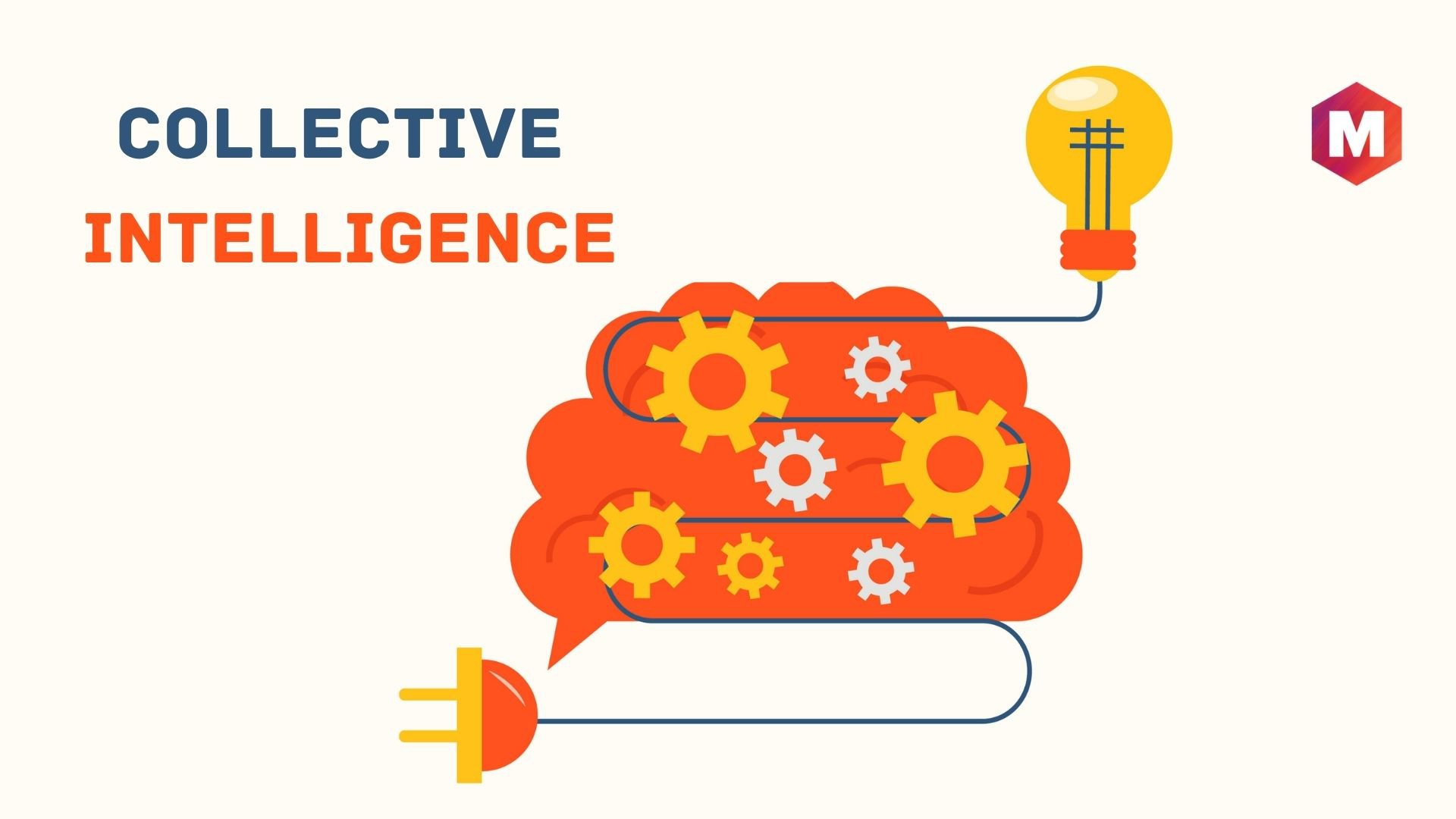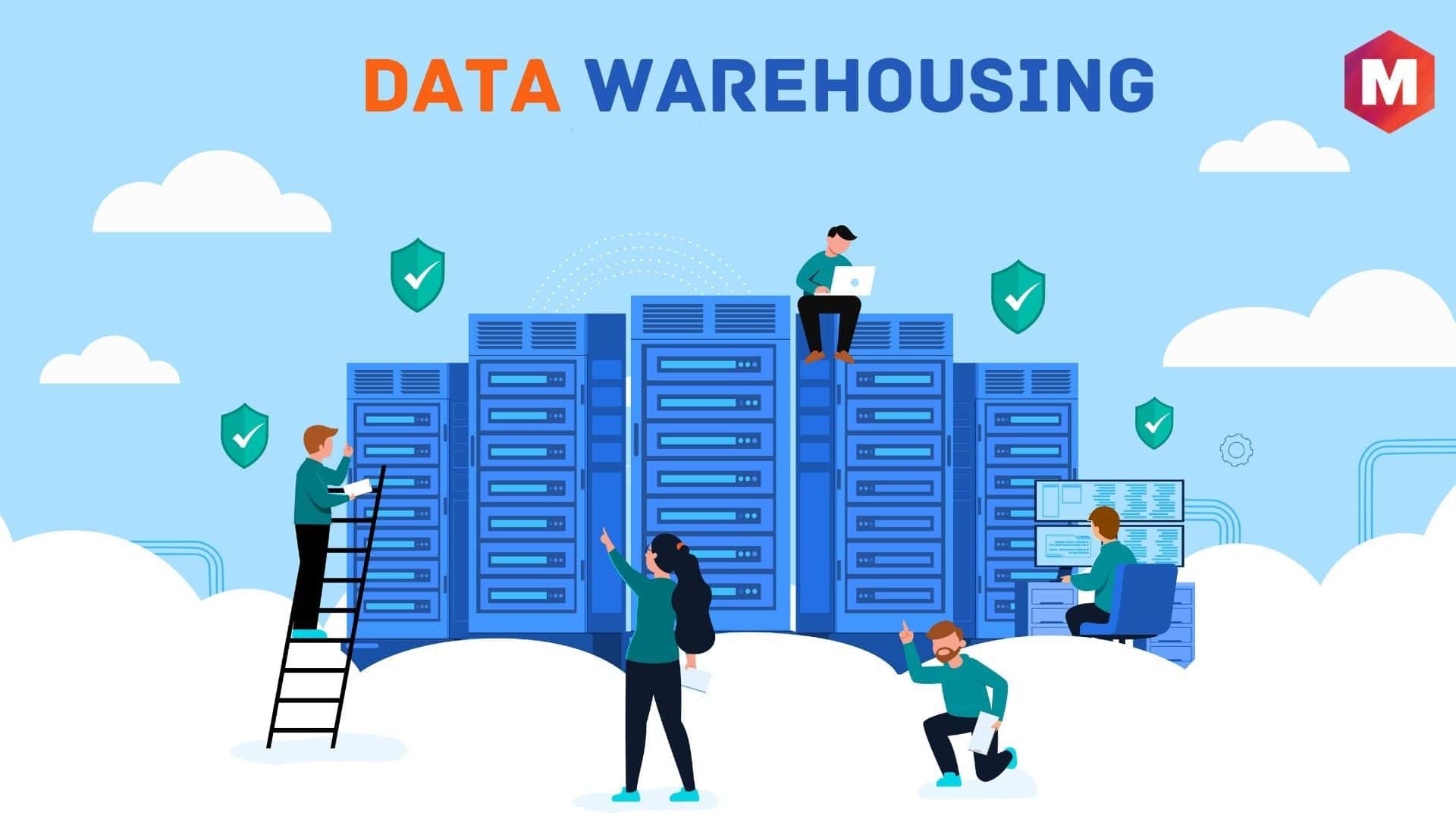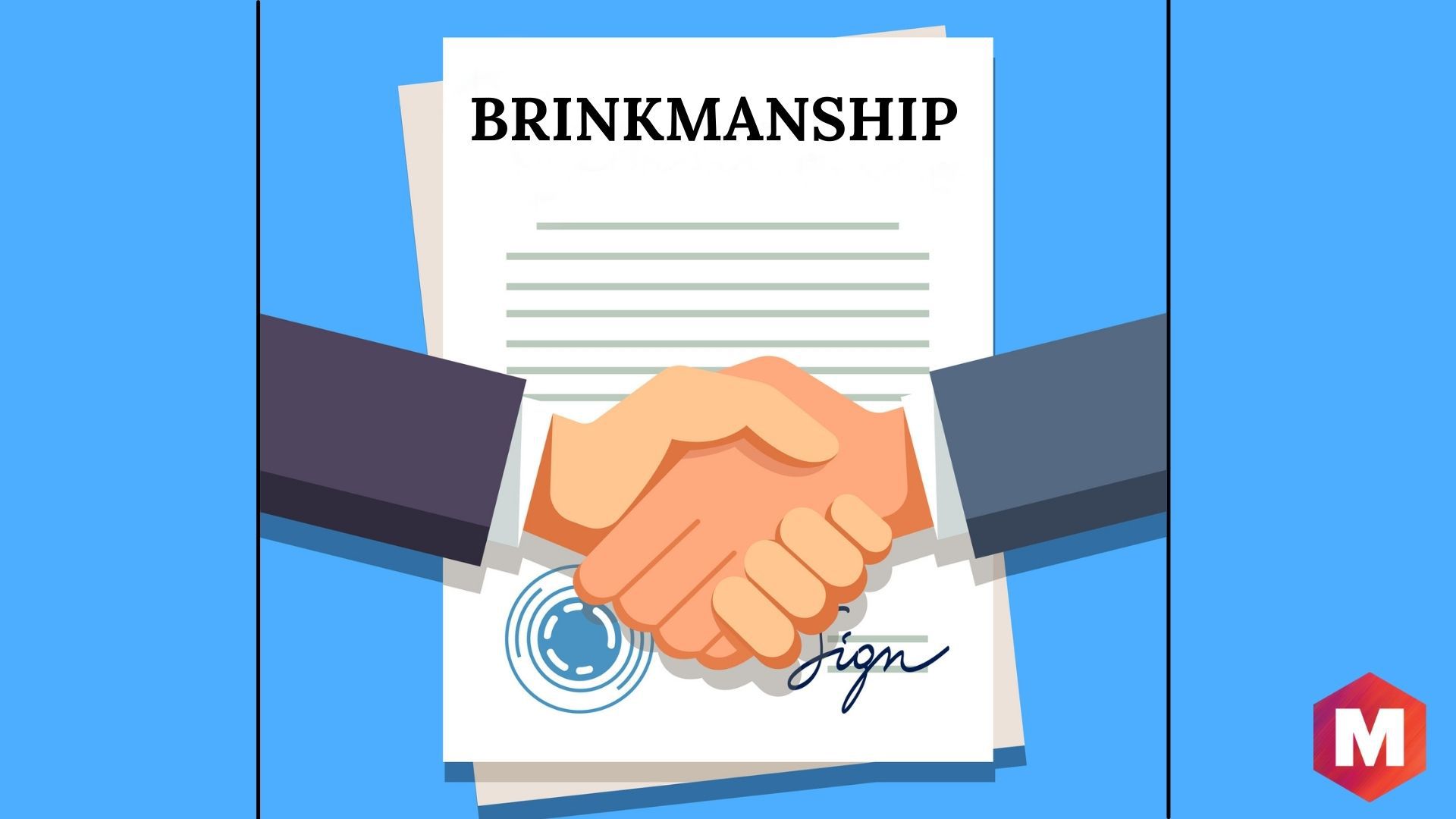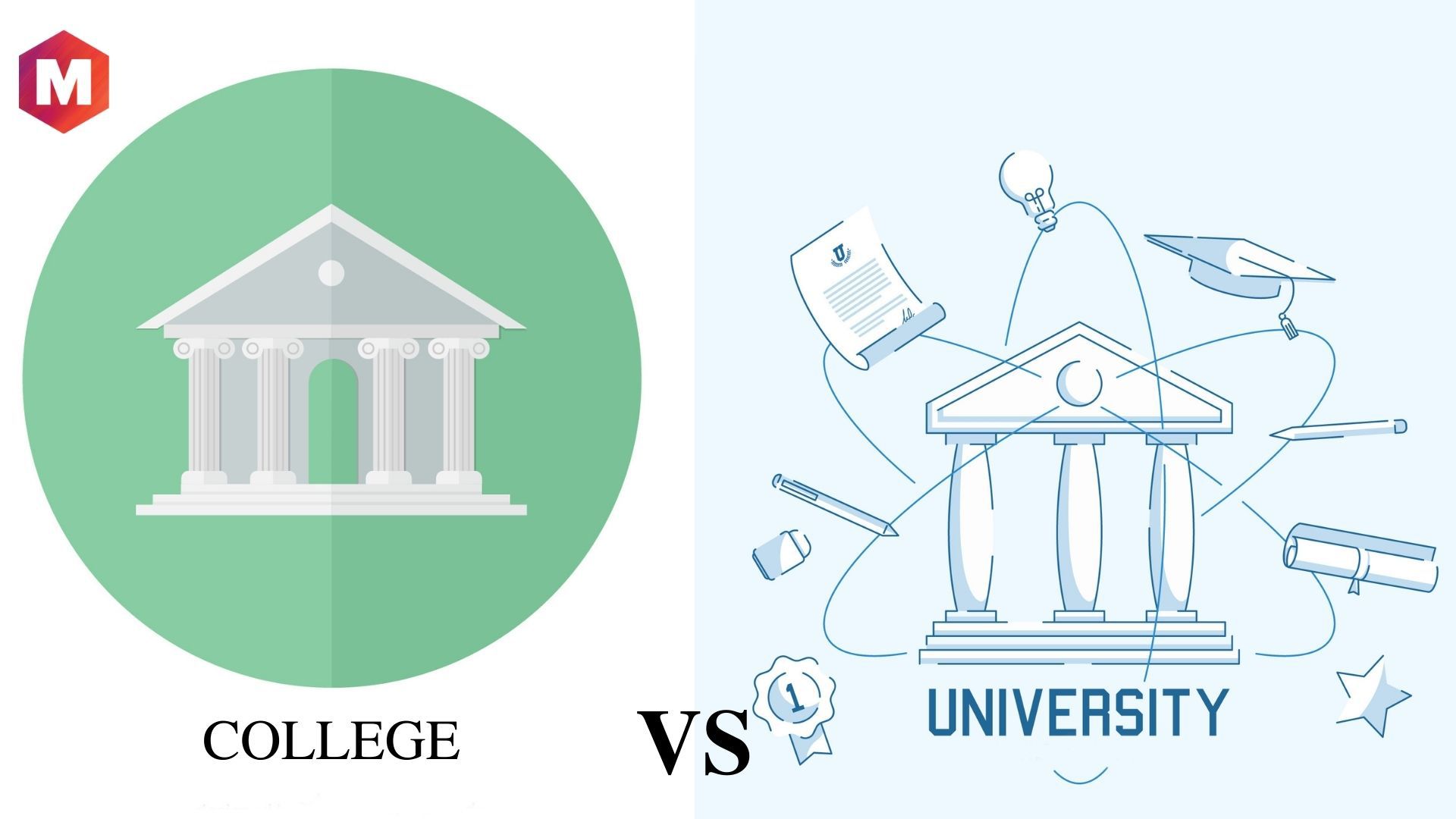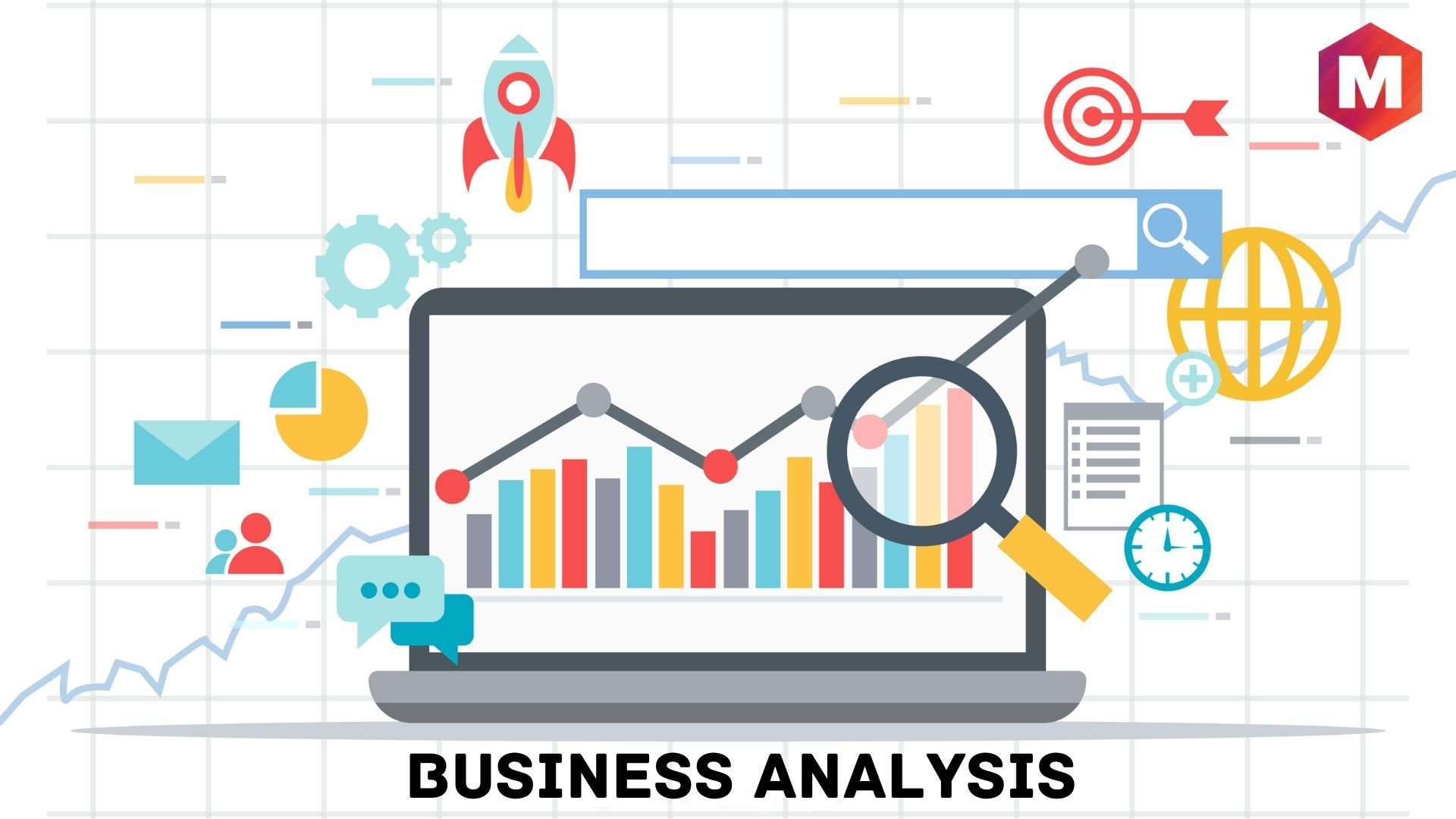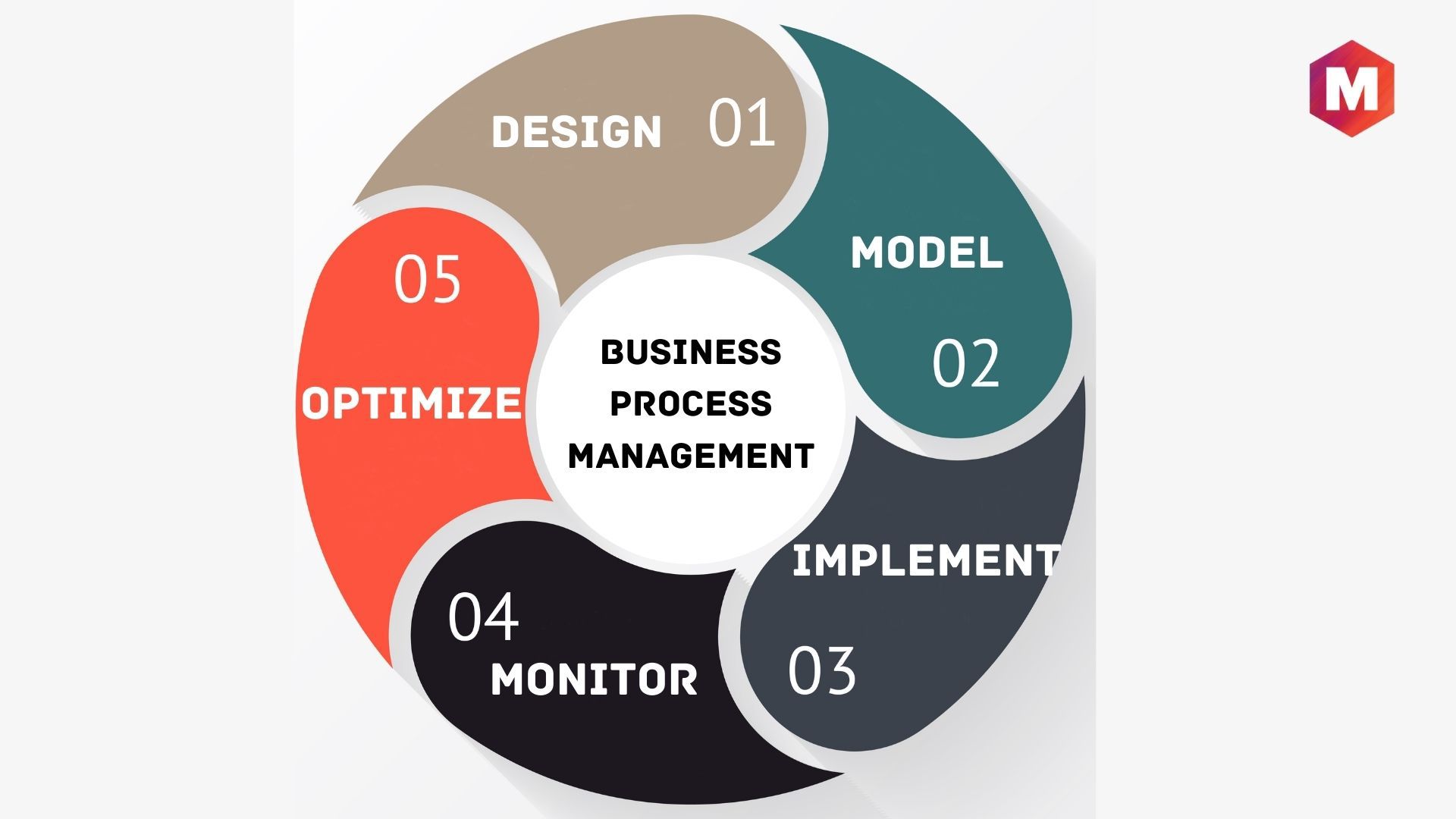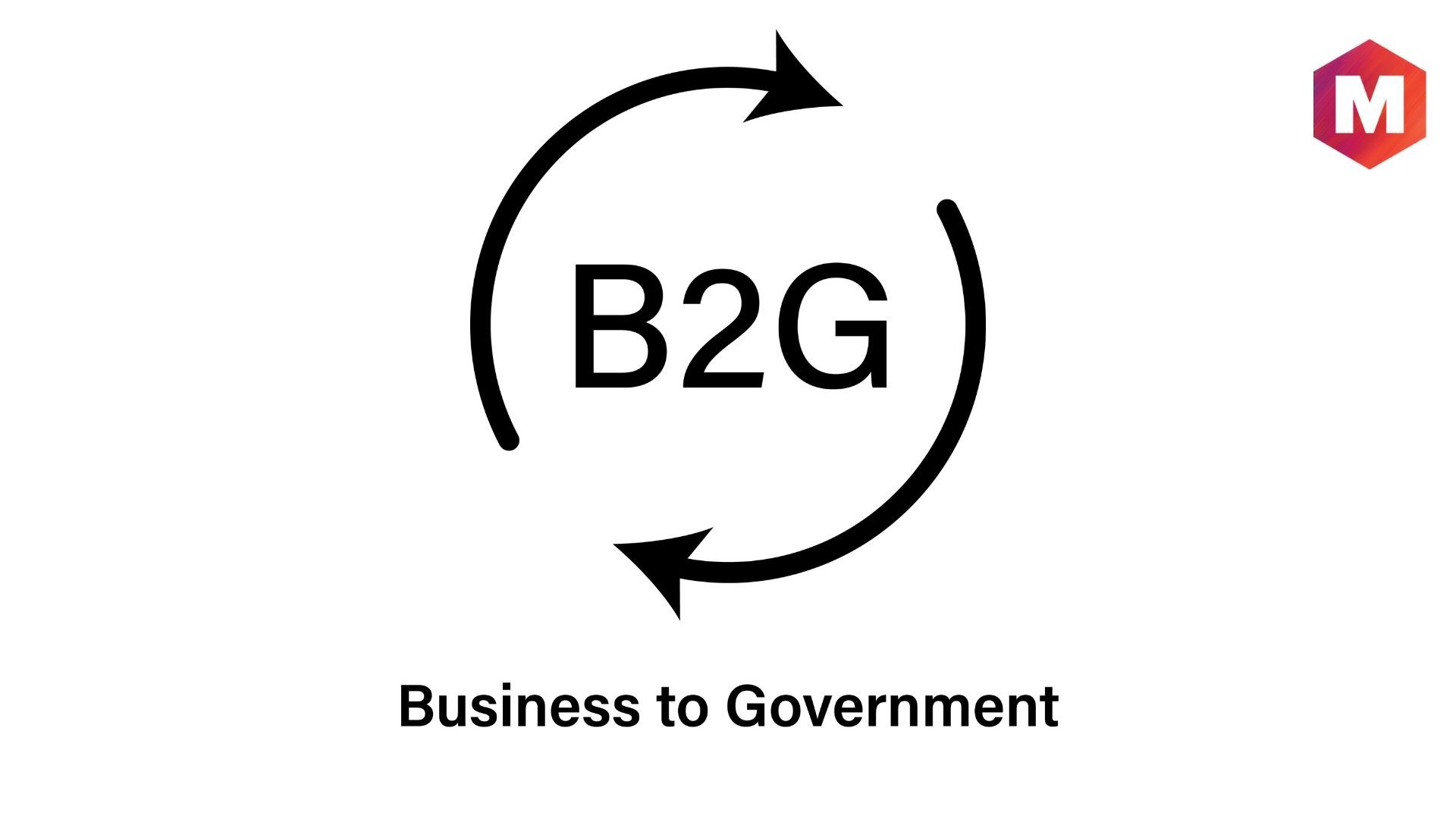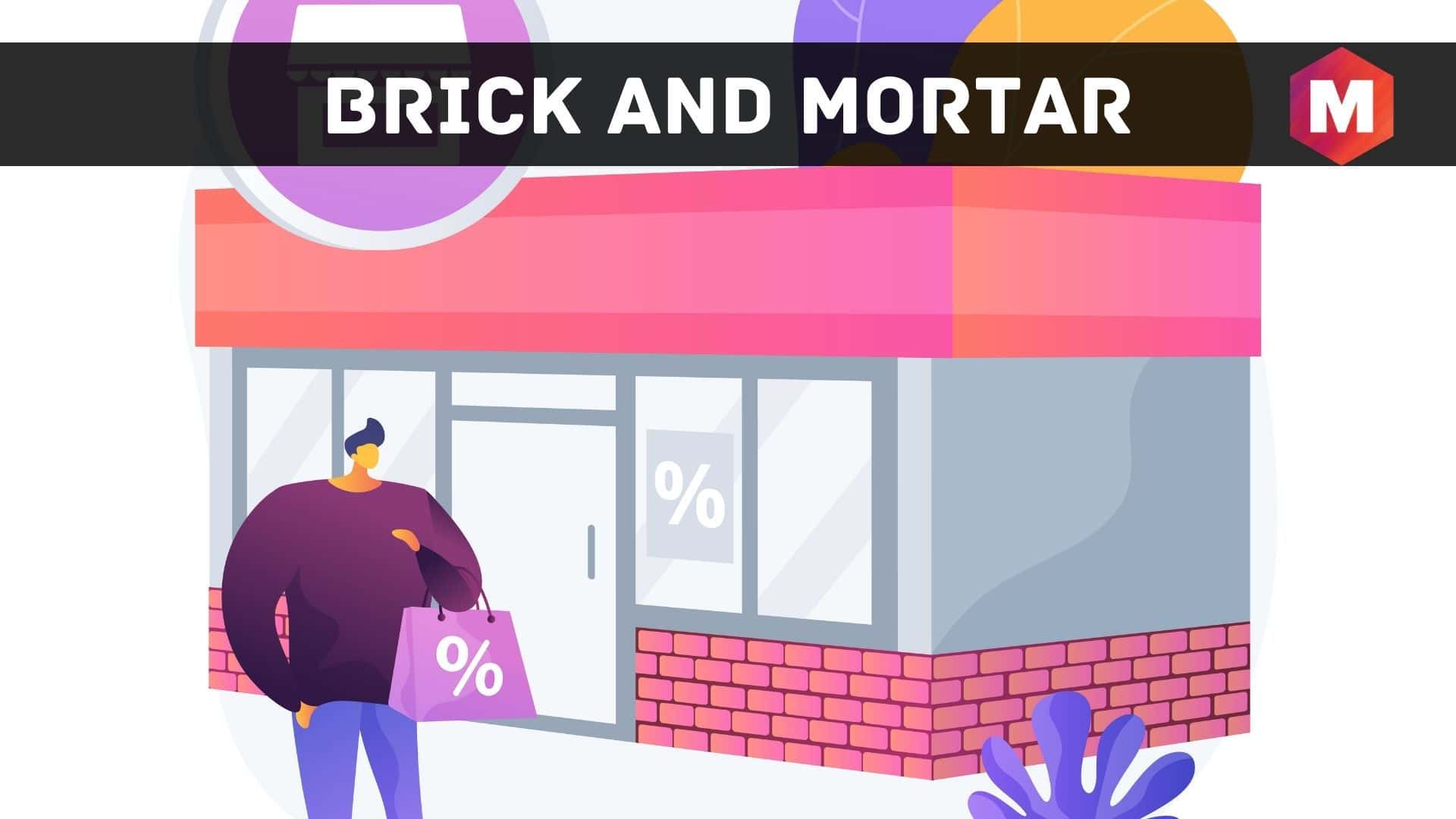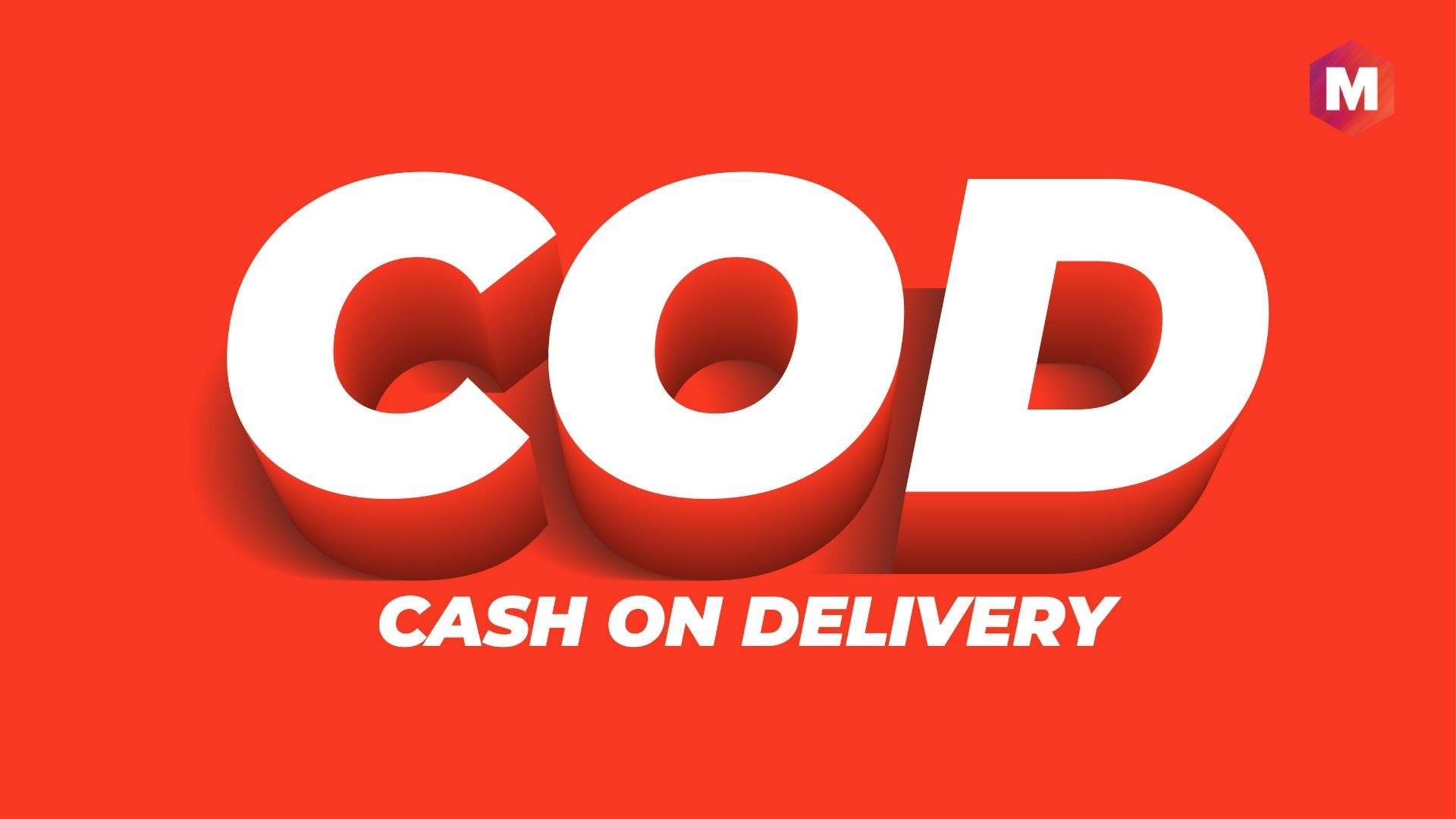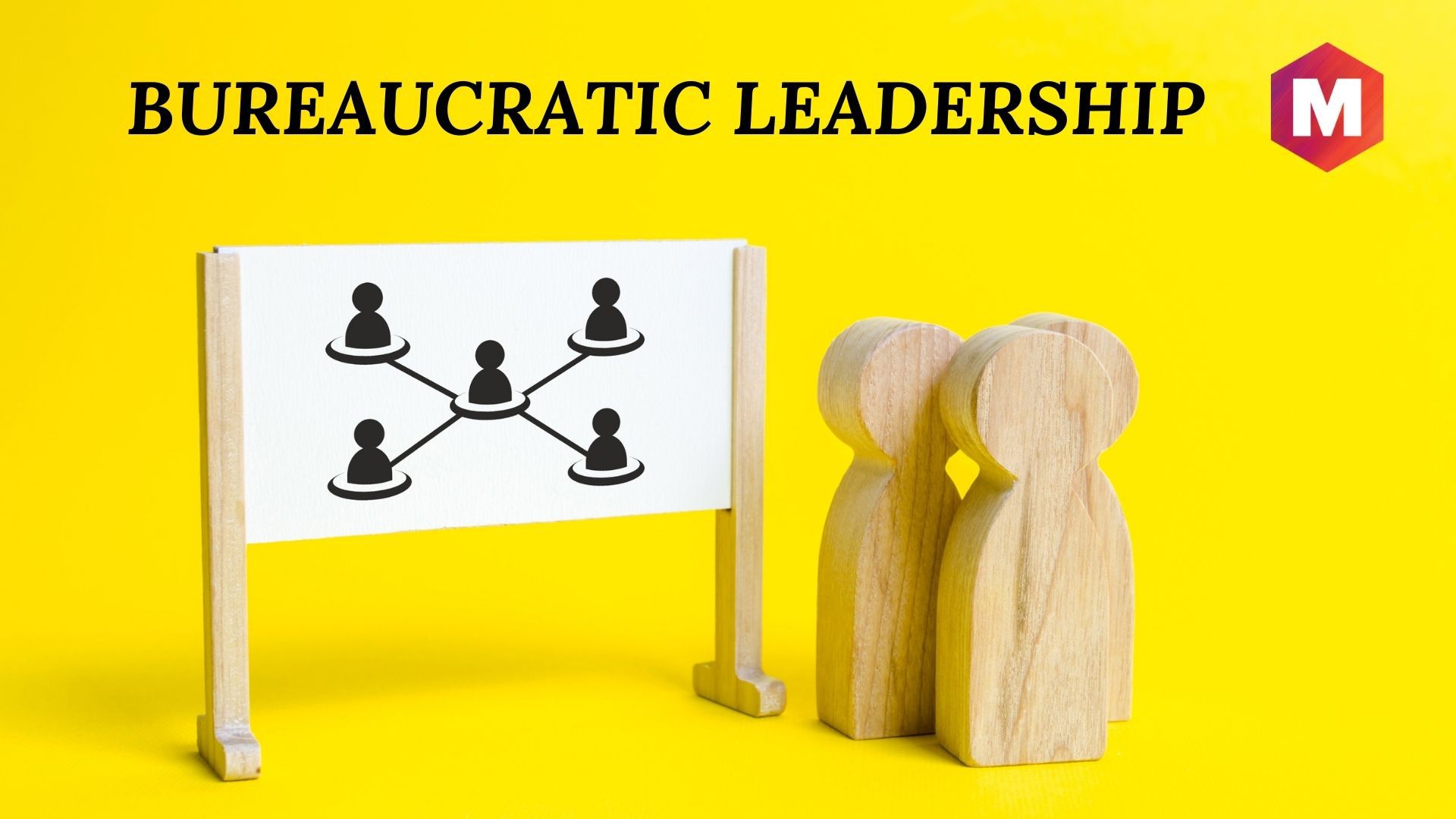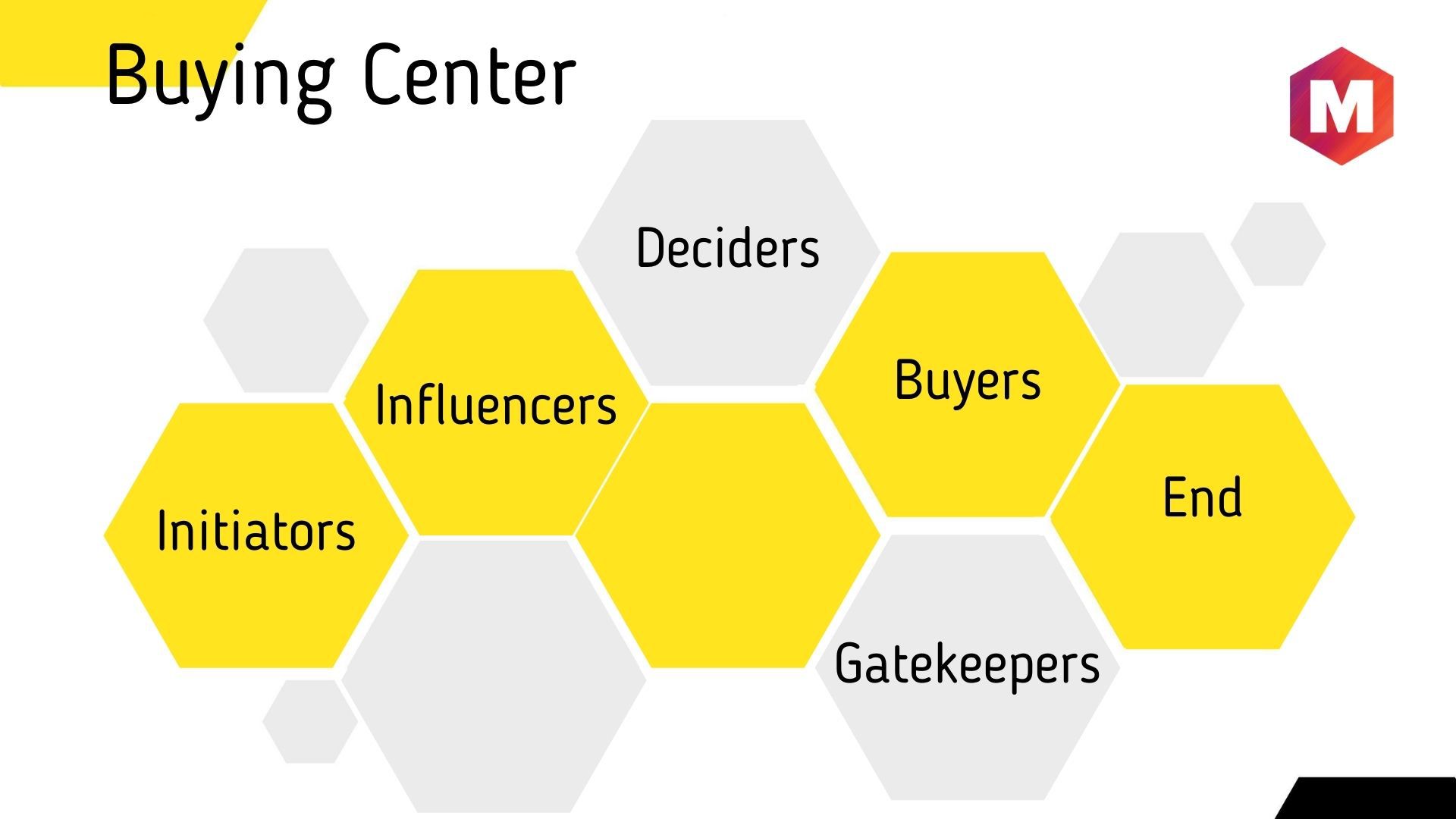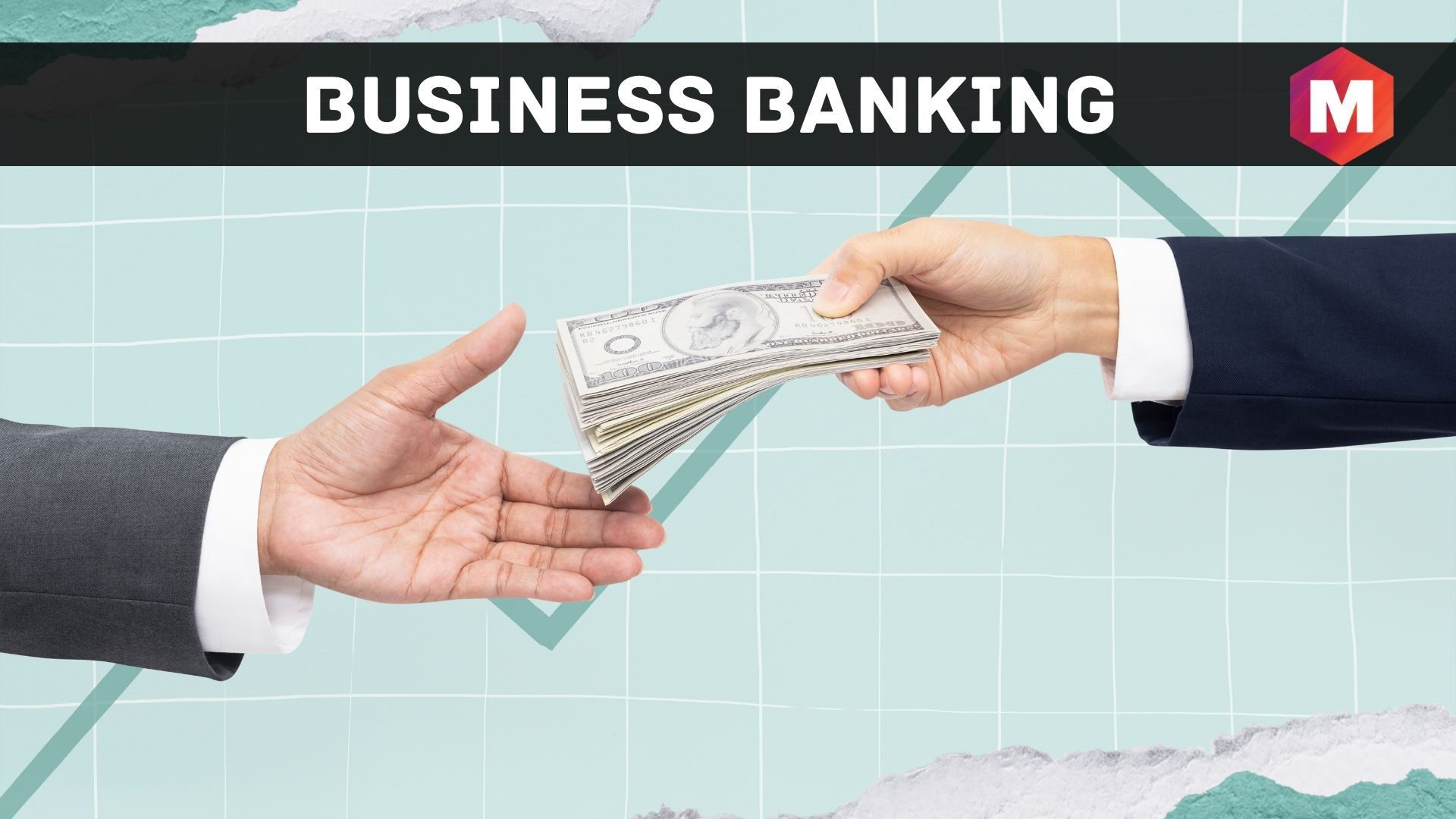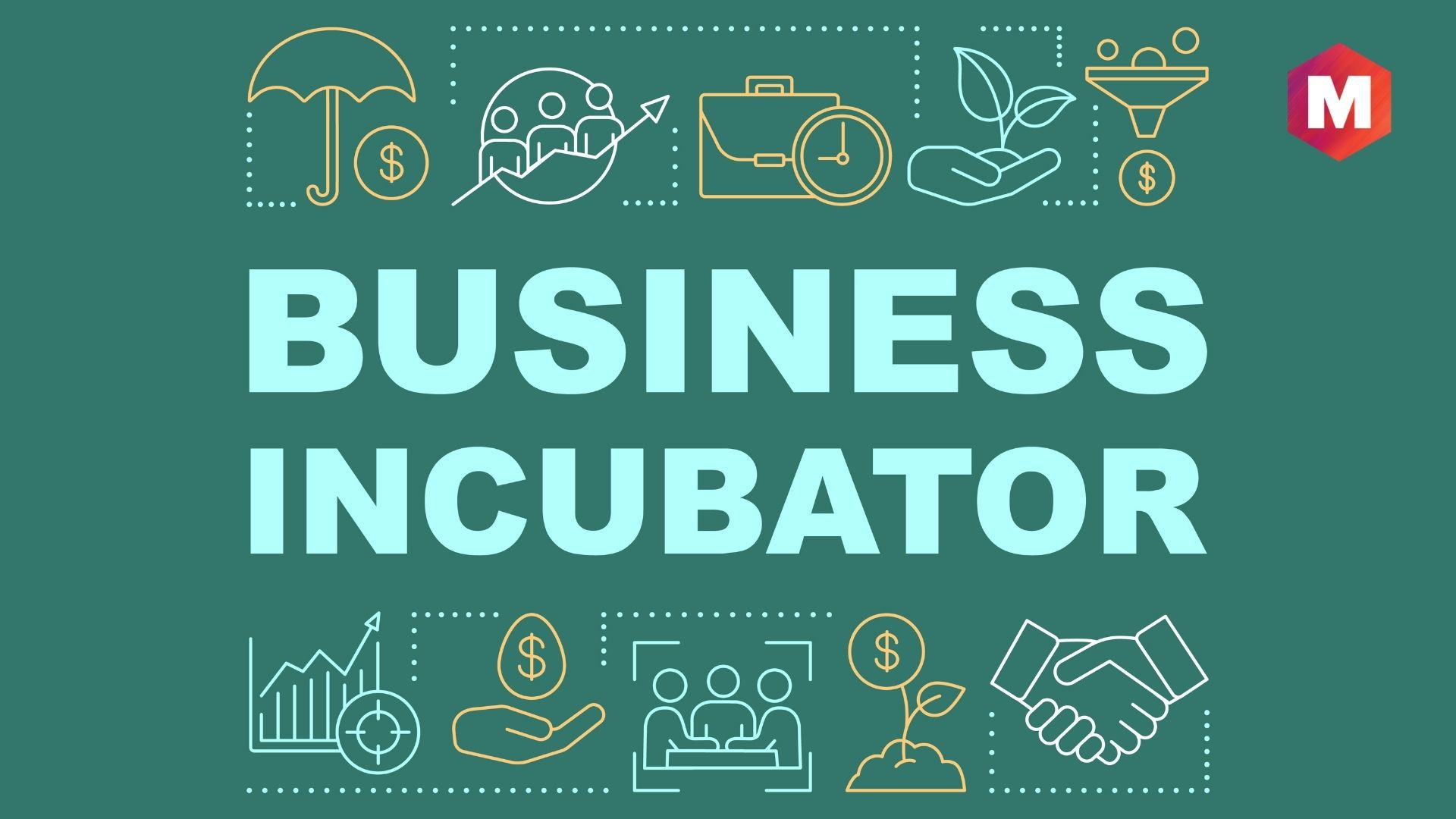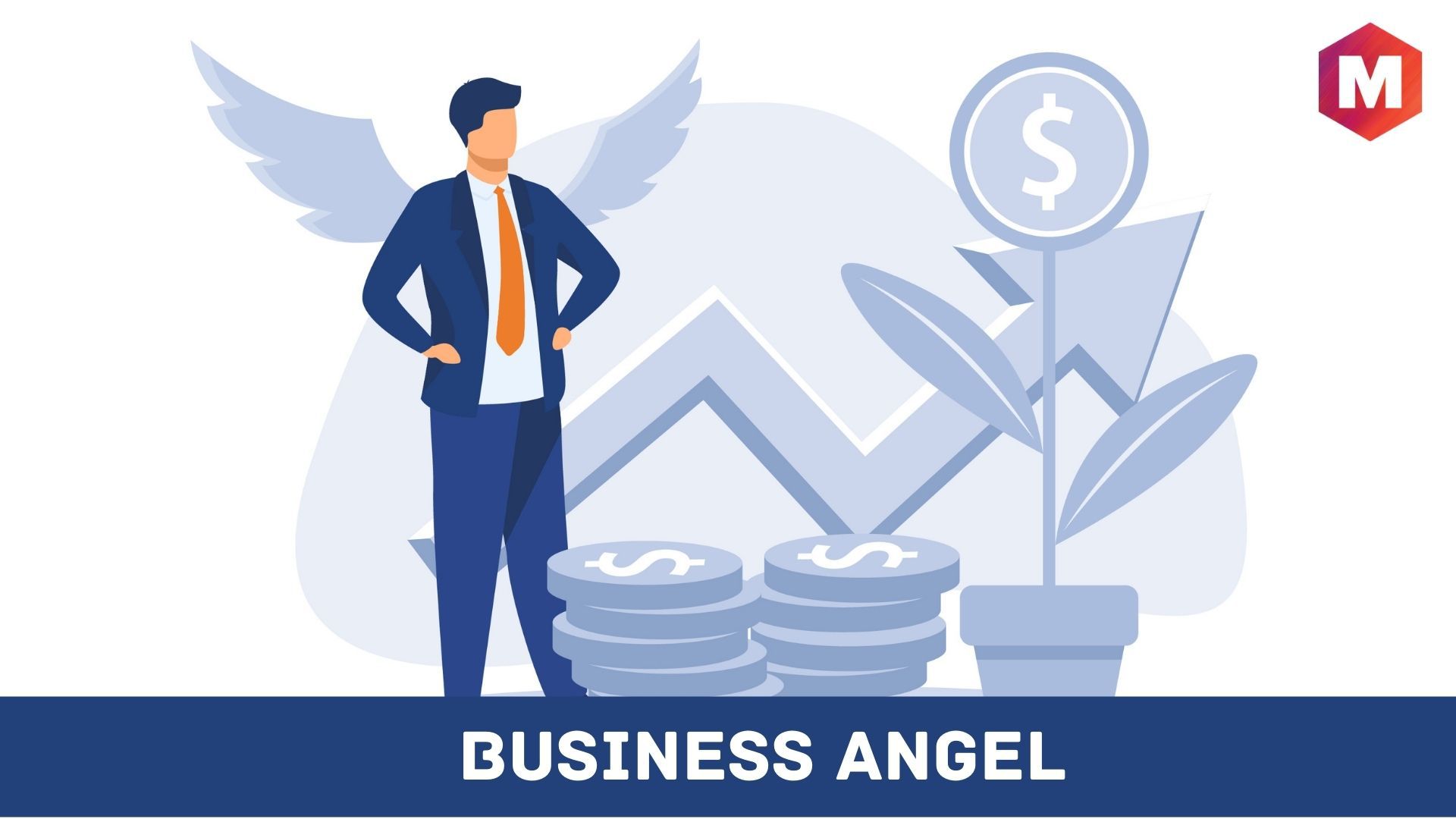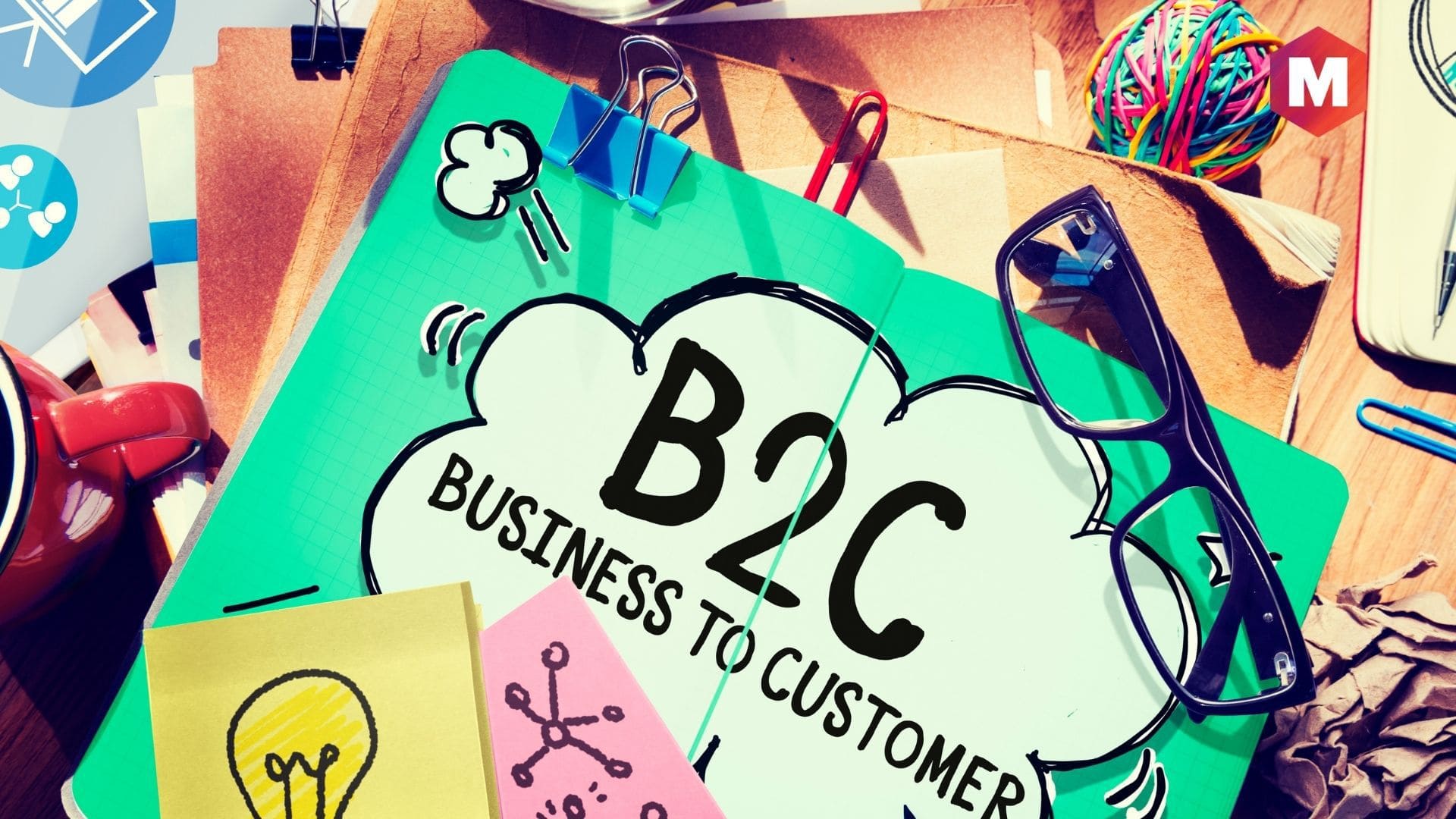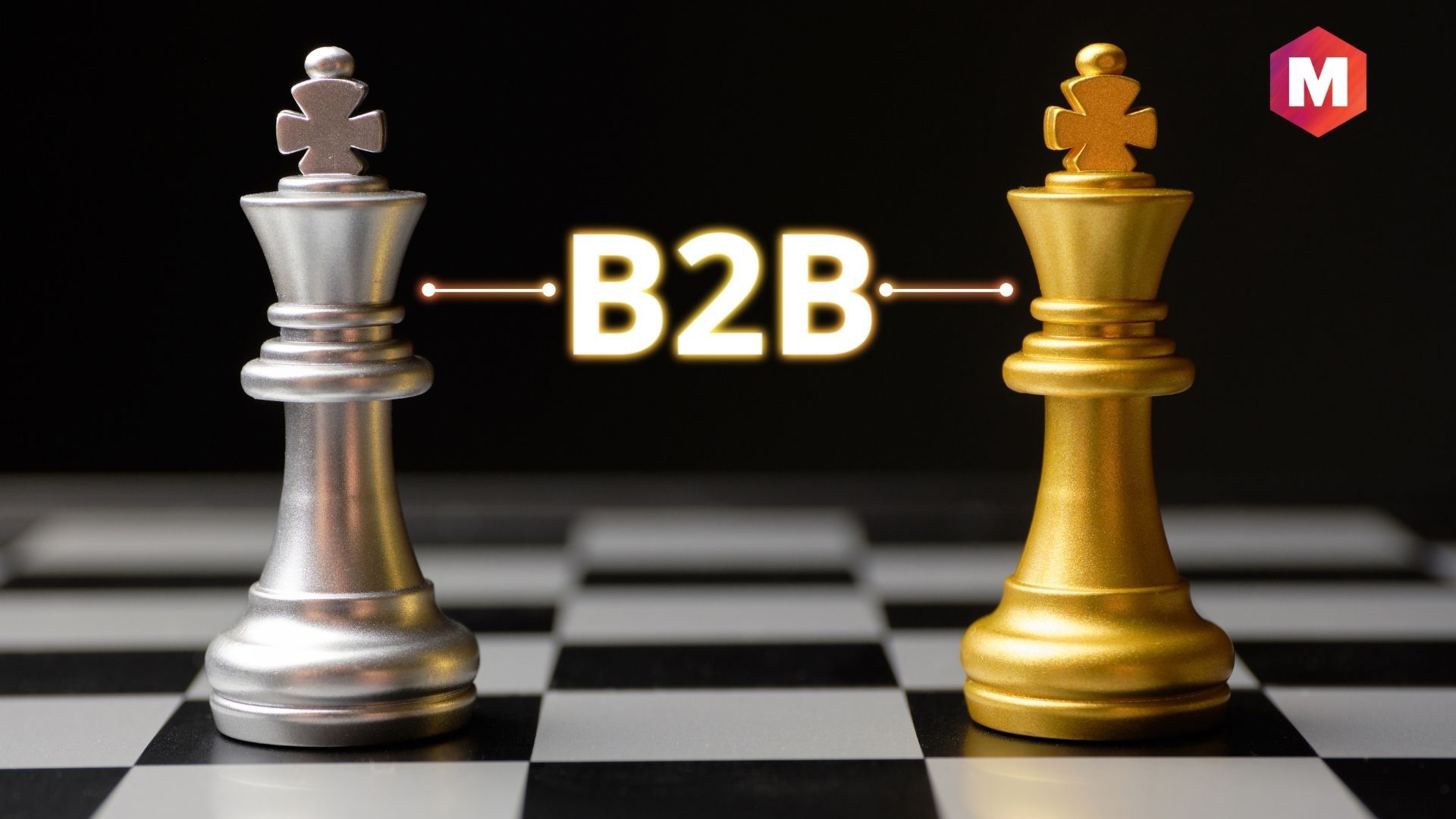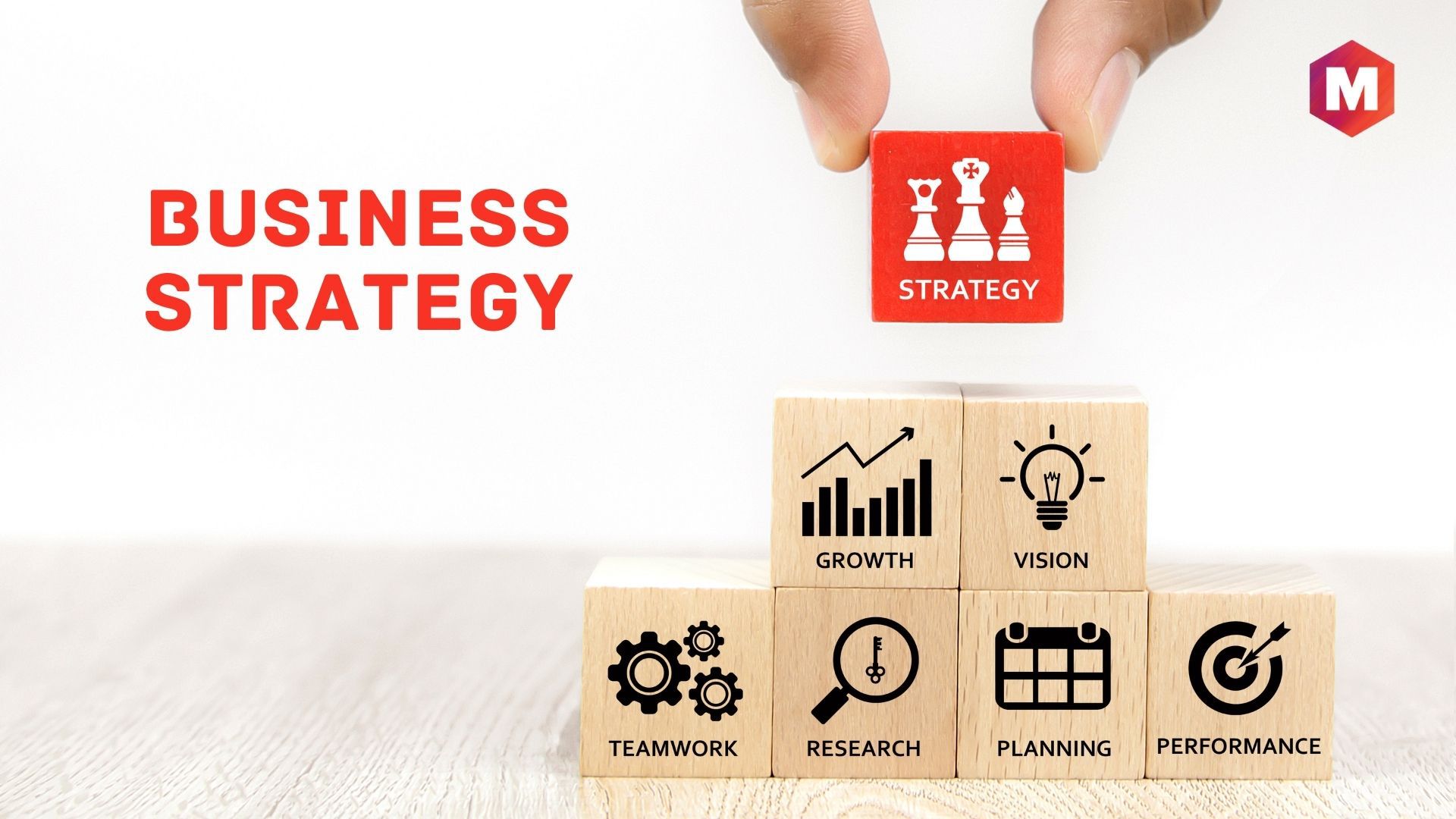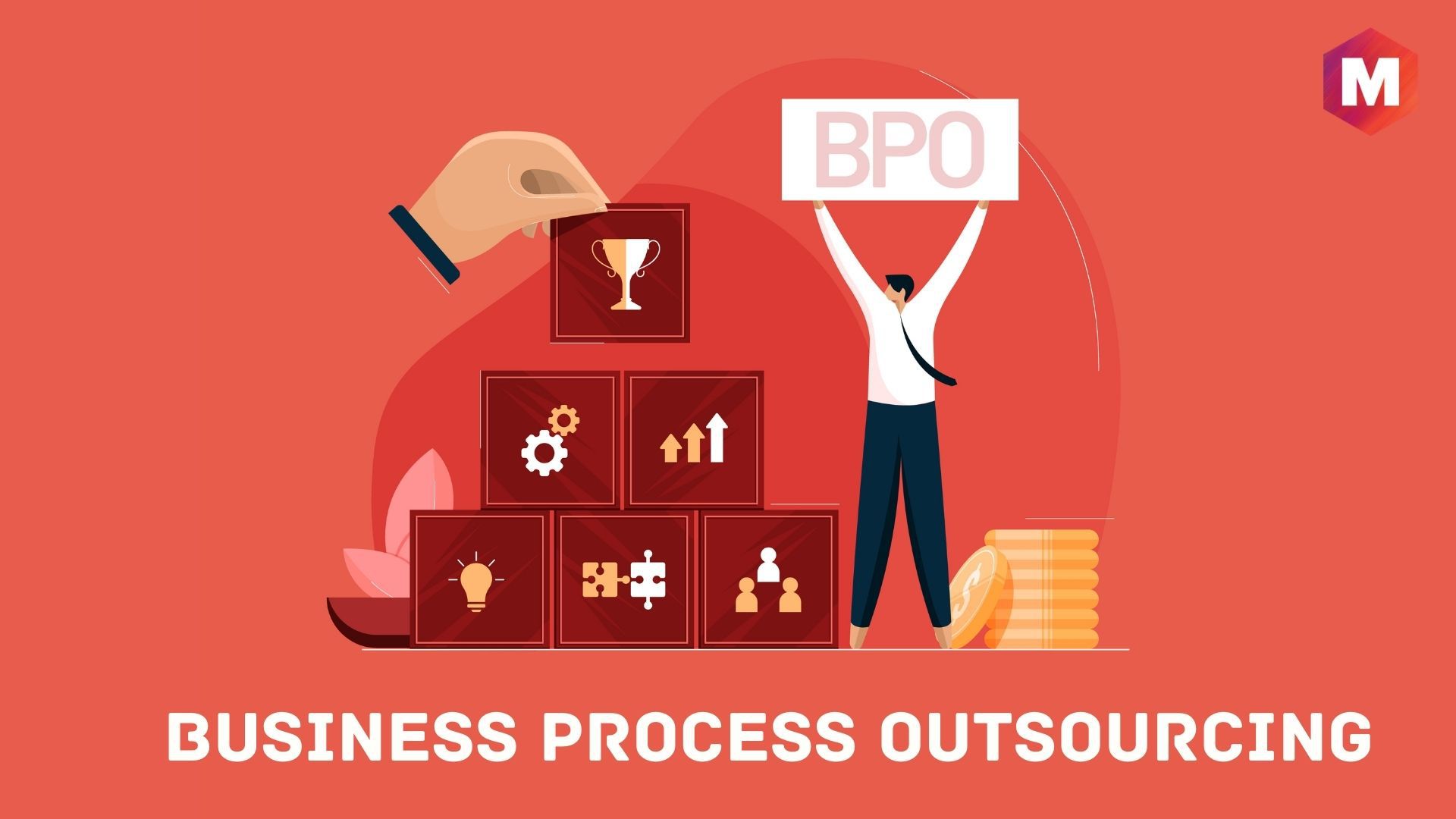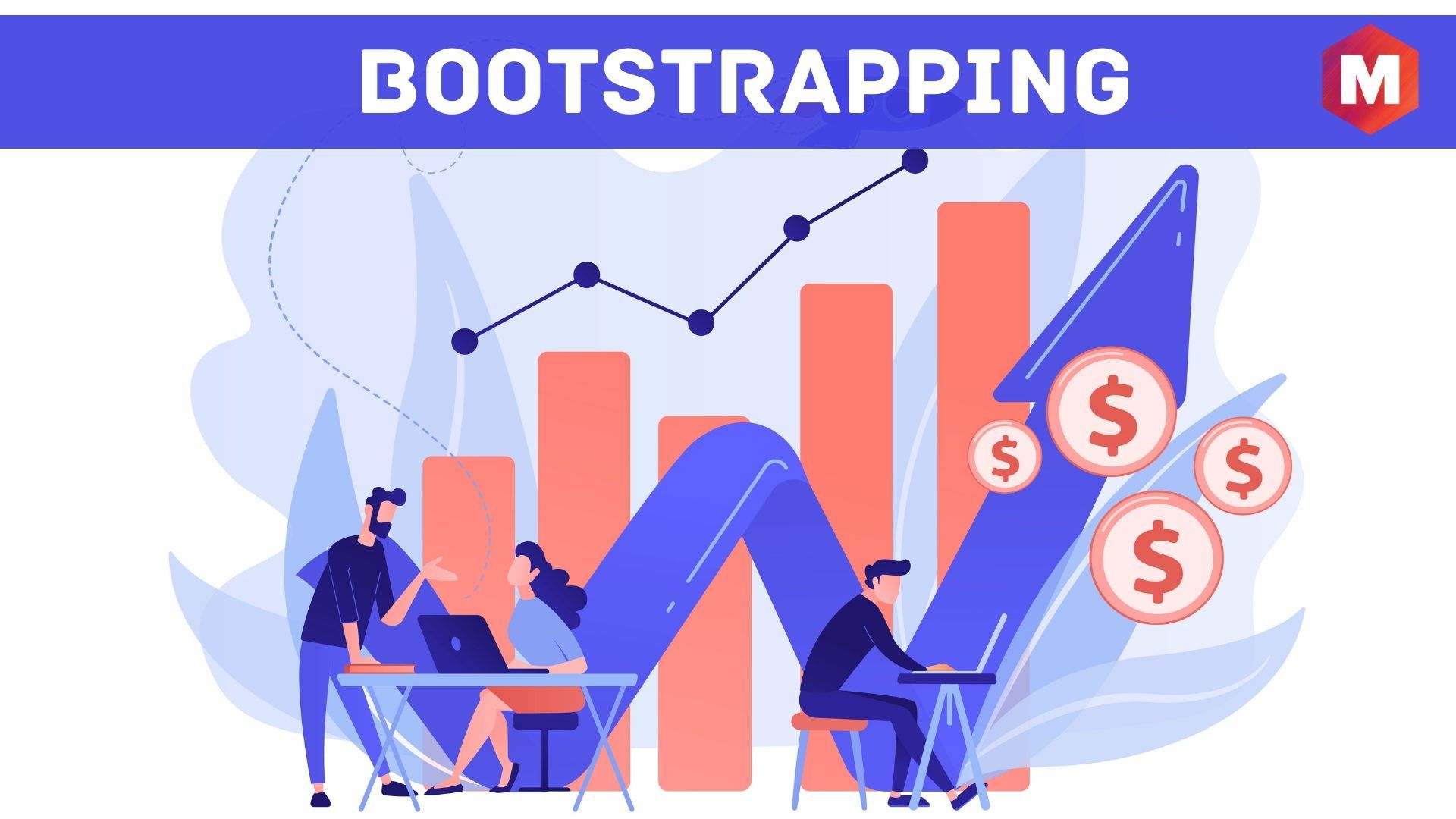Collective intelligence is a concept that describes the ability of a large group of individuals to pool their knowledge, data, and skills in order to…
Data Warehousing – Definition, Types, Advantages and Disadvantages
Data warehousing is a process of collecting and managing data from various sources to enable more effective decision-making. Data warehouses provide a central location for…
Brinkmanship – Definition, Examples and Tips
Brinkmanship is a negotiation style in which one party tries to achieve favorable outcomes by letting a situation reach the brink of disaster before finding…
Community of Practice – Definition, History and Types
A community of practice is a group of people involved in sharing similar concerns, interests, passions, or problems in a way to create and optimize…
Collaboration – Definition, Importance, Types and skills
Collaboration is the process of two or more people, entities, or organizations working together to complete a task or achieve a goal. Collaboration can be…
College vs University – Differences, Types, Pros and Cons
College vs university analysis is pivotal in understanding how these educational institutions are different and how they have greatly impacted the lives of countless individuals….
Board of Trustees Vs. Board of Directors
The board of trustees is a group of officially designated individuals for overseeing and managing operations of an organization to ensure the best interest of…
Cash-and-Carry Wholesaler – Definition and Features
A cash-and-carry wholesaler is a type of wholesaler that carries a limited line of fast-moving goods and sells that to small retailers on a cash-only…
Business Analysis – Definition, Techniques and Role of Analyst
Business analysis can be understood as a research discipline that helps you in finding the business needs and identifying solutions to a variety of business…
Business Design – Definition, Importance and Features
Business design is a process of designing a profitable business model by incorporating design thinking to put customers at the center of the design. Business…
Business Management – Definition,Tactics and Styles
Business management is the process of coordinating and organizing business operations and activities. A business management professional is responsible for helping the organization to thrive…
Business Process Management (BPM) – Definition, Importance and Examples
Business process management is the inclusion of methods and systems used for discovering, modeling, analyzing, measuring, improving, optimizing, and automating business processes. Business process management…
Business to Government (B2G) – Definition and Advantages
Business to government B2G is the business model that refers to the relationship between a business and government agencies and institutions. In this, businesses sell…
Brick and Mortar – Definition, Meaning and Examples
Brick-and-mortar is a traditional business model that incorporates a physical store where customers can physically come and purchase the items of their choice. Brick and…
Cash on Delivery (COD) Definition – Examples, Pros and Cons
Cash on delivery (COD) is a payment method in which payment for an order is collected when the associated product is delivered to the customer….
Cash Discount – Definition, Advantages and Disadvantages
A cash discount is a reduction offered by a seller at its product’s price when the buyer makes payment right away or within the given…
Business Operations – Definition, Importance and Tips
Business Operations are a wide variety of activities that a company does on a daily basis to keep it functioning and profitable. Therefore, businesses make…
Bureaucratic Leadership – Definition, Advantages and Disadvantages
Bureaucratic leadership is a leadership style in which a hierarchy of power establishes management and decision-making norms. In a bureaucratic leadership framework, a strict and formal…
What is Buyer’s Market? Definition, Examples & Buyer vs Seller’s Markets
A buyer’s market is a situation when supply exceeds the demand letting buyers have upsides over sellers in the price negotiations. Hence, when a situation…
Capital Goods – Definition, Types and Examples
Capital goods are those products or goods that are bought and then again used by businesses or companies for producing consumer goods or offering services…
Capital Intensive – Definition, Advantages and Disadvantages
Capital intensive is the processes or industries that need enormous capital investments in plants, tools, machinery, etc to create products or services in high volumes…
Buying Center – Definition and Importance
A buying center is a group of people within a company such as employees and other members of an organization responsible for channelizing buying process…
Business Banking – Definition, Importance and Characteristics
Business banking is the financial interaction of a business with a banking institution or financial institution that offers different banking services like business loans, savings…
Board Meetings – Meaning, Importance, Topics and Softwares
The Board Meeting is a meet-up of the board of directors of an organization that occurs at fixed intervals for deciding on the policies and…
How to write an Apology Letter? Template and Examples
An apology letter is a written or physical document or Email that accepts the mistakes and takes full responsibility for your actions to demonstrate regrets…
Business Incubator – Definition, Importance and Types
Business incubators are the programs, companies, or workspaces especially designed to help young startups or new ventures get access to all the resources and services…
Business Expenses – Definition, Examples and Types
Business expenses are the expenses or the costs incurred by a business for running all its operations. It is the money spent for the ordinary…
Business Economics – Definition, Features and Types
Business economics is an applied economics field that utilizes economic theory and quantitative methods for planning and implementing business practices. An economic theory includes different…
Business Impact Analysis – Definition, Importance and Types
A business impact analysis is a disruption analysis process used to determine how interruptions or disruptions may impact the critical business processes or key business…
Brand Experience – Definition, Strategies and Examples
Brand experience is the kind of experience a user feels when he or she connects, interacts, engages, or converts with a brand. Brands use different…
Business Angel – Definition, Characteristics and Types
A business angel is a wealthy individual who invests his or her money in the initial phase of a business by taking an equity stake….
Buyer Persona – Definition, Importance and Tips
A buyer persona is a detailed as well as a semi-fictional representation of the target customer of a business. It is based upon the data,…
Business Writing – Definition, Principles, Types and Tips
Business writing is a type of written business communication used in a professional setting by defining the reader, then purpose, and finally providing information that…
What is Business-to-Consumer (B2C)? A Complete Guide (Updated 2026)
Directly selling goods and services to consumers is called business-to-consumer (B2C). Retailers often target specific clients or end-users with this strategy. B2C has extended into…
What is Business-to-Business (B2B)? Definition, Examples & How to Use
Business-to-business is a business model in which a business makes products or services for another business instead of an individual consumer or end-user. Most wholesale…
Business Strategy – Concept, Elements and Examples
A business strategy is a plan of action or an outline of steps developed by an entrepreneur to achieve certain business goals and objectives. It…
Blue Collar Worker – Jobs they do, Qualifications and Importance
A blue-collar worker is a person belonging to the working class of the society, who is mainly involved in manual labor. Blue-collar work involves both skilled…
Bidding – Definition, Types, Examples and Tips
Bidding is a competitive offer or price tag that an individual or business sets to compete for the contract of an item, asset or project…
Business Process Outsourcing – Definition, Benefits & Types
Business process outsourcing is an outsourcing method or subcontracting method that lets a company employ third-party service providers or third-party vendors for carrying out one…
Bootstrapping – Definition, Process and Examples
Bootstrapping is the process of building a company or establishing a business from the ground up just by using personal savings. It is the process…
